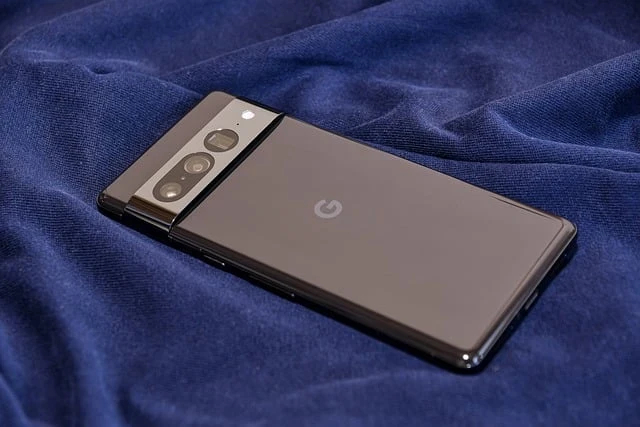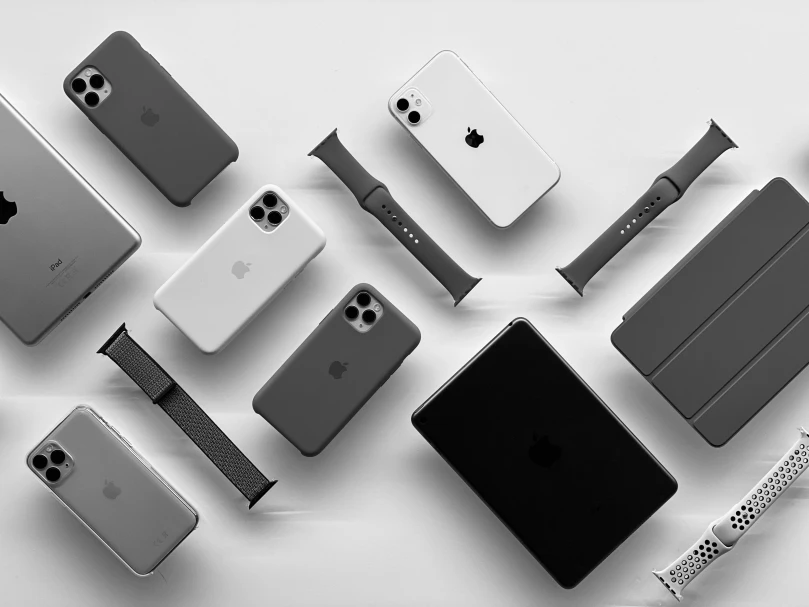Indonesia has banned the sale of Google Pixel phones due to the tech giant’s failure to comply with investment regulations. The country’s Ministry of Industry announced this just days after blocking sales of the iPhone 16.

Jakarta aims to encourage foreign tech companies to invest by enforcing restrictive measures that require devices to be made up of 40 percent Indonesian-made components or 40 percent local labor in their production. Although these rules were introduced in 2021, it appears that they demand significant adjustments in manufacturing processes. Google may not have had enough time to make the necessary changes or establish production facilities. The certification process itself also takes time, as calculating abstract values like 40 percent of components or labor is quite complex.
Google has not commented on this incident yet. Regardless, the authorities are not willing to make concessions, and official sales in the country won’t begin until the certification is obtained.
“As for the Google Pixel phone, it has not yet received the TKDN certification [abbreviation for the new 40 percent rules],” said Febri Hendri Antoni Arif, a representative of the Ministry of Industry.
Last week, the ministry stated that phones blocked from commercial sale could still be brought into Indonesia for personal use. Only sales are restricted while awaiting certification. The IMEIs of iPhone 16 devices bought within Indonesia from online stores will be blocked.
According to the Ministry of Industry, around 22,000 Google Pixel phones were shipped to Indonesia this year. Data from Counterpoint Research shows that the Indonesian smartphone market in the second quarter of this year was dominated by Chinese companies Xiaomi, Oppo, and Vivo, along with South Korea’s Samsung.
Sources: brandinginasia, cnbc

You can add one right now!